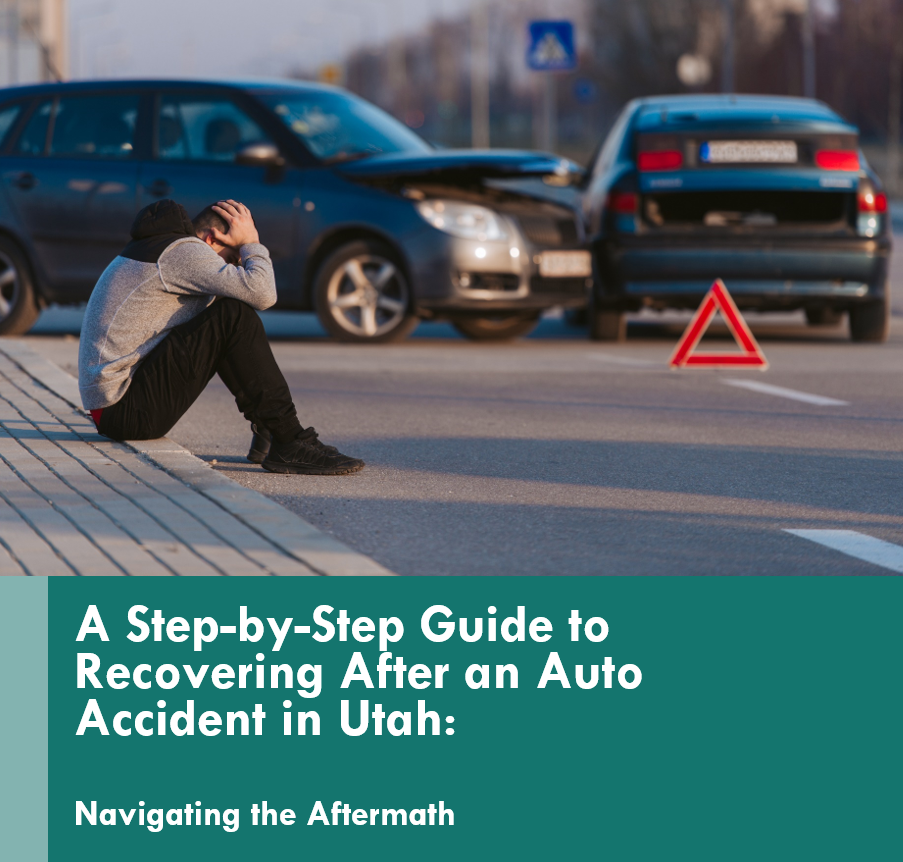Most patients don’t understand the difference between each of their injuries and also how and when to get them treated. Well we’re here to help you with that! This article will focus on whiplash — one of the most common car accident injuries — and when to get it treated.
What is Whiplash?
First things first, you need to know what whiplash is. There are a couple other places on our website that would help you understand whiplash in more detail (including the understanding whiplash page), but for the purposes of this article, we’re going to give a brief description anyway because it is important to establish a basic understanding of your injury.
In simple terms, a person can suffer from whiplash after a sudden whipping motion of the neck. It is most common in people who have been rear-ended or after being hit by a car at a high speed but it can be a result of any accident where you have overextended your neck in a very rapid fashion. The good news is that whiplash is not a life-threatening injury but it is still serious. It can result in anything from limiting your ability to do daily activities, to causing partial disability.
When Should I be Treated for Whiplash?
The short answer is as soon as possible. While some whiplash symptoms will resolve on their own, we suggest immediate treatment for whiplash because if you wait too long, your initial acute pain can turn into chronic pain. It is also important to book a consultation if your pain is reducing your quality of life or if it lasts longer than a couple of days but this is not a good judge of your circumstance. You could have whiplash and not have symptoms until it is too late.
Your rule of thumb should be to always seek treatment as soon as you can, in order to avoid prolonged pain or long term symptoms. This is your most effective option.
Why is Whiplash Treatment so Important?
A whiplash injury is damage caused to the soft tissue and bone structures of your cervical spine. Even if you don’t feel any serious pain promptly after the accident, you should still get evaluated by a chiropractor immediately. This is because it is not uncommon for whiplash symptoms to start appearing days or even weeks after the accident. This is considered acute pain.
Acute pain from whiplash is temporary as long as you quickly seek the proper attention for your injury. When muscles in the neck and back are overextended it can lead to symptoms from mild to severe pain from stiffness and inflammation in muscles, tendons, joints, and ligaments. Headaches, migraines, fatigue, dizziness can lead to an overall feeling of being unwell. In the event that a patient neglects their injury, this acute pain is likely to develop into chronic pain which takes a lot longer to recover from. This will lead to more extensive treatment over a longer period of time in order to have a full recovery.
There have even been studies that link whiplash to brain injuries. You can find out more about that in our brain injuries and whiplash article and other whiplash articles on our blog page. Regardless, seeking immediate attention for whiplash saves you time and gives you the opportunity to quickly get back to your life pain-free.
How Long Does it Take to Recover?
The healing process depends on a lot of different variables and everyone heals at a different pace.
Your recovery time can depend on:
- how severe your injuries are,
- how long you waited to seek care,
- if your pain is chronic or acute.
The length of your treatment program will depend on your body and your injuries. There is no one-size-fits-all program as everyone’s body and health history are different. For example, chronic pain and acute pain are treated differently but our chiropractors also have to consider a patient’s underlying conditions and find out if there are any other events in the patient’s past that could have affected the injury. For a more specific time estimate, we encourage you to come in for a free consultation today!
Whiplash is a common injury but unfortunately, it is all too commonly overlooked due to a wide lack of understanding. If you are suffering from whiplash, do not wait it out and hope it goes away. Whiplash symptoms are known for sometimes healing on their own but because they have the capability to turn into chronic pain — essentially getting worse instead of better — you should not ignore your injury. In the case of whiplash, it is always better to be safe rather than sorry.
If you are experiencing any pain that may be caused by whiplash or another injury, please contact Axcess Accident Center at (801) 701-8222 to schedule your appointment or visit our website at https://axcessac.com/ to learn more.





